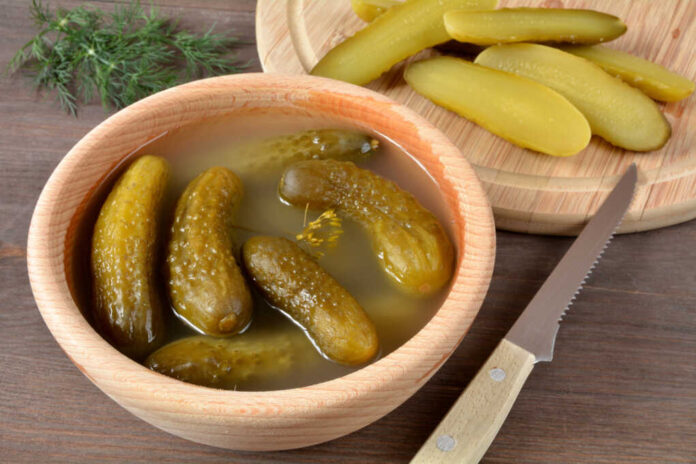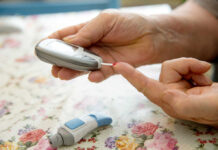
Pickle juice, once a humble byproduct of the pickling process, has now become the elixir of choice for hydration-savvy athletes and curious consumers alike, but is it truly the miracle drink it’s touted to be?
At a Glance
- Pickle juice is gaining popularity as a hydration aid, especially during heat waves.
- It has been used by athletes for quick relief from muscle cramps since the 1990s.
- Experts are divided on its efficacy and potential health risks due to high sodium content.
- Consumers should consider their health conditions before making pickle juice a staple.
The Pickle Juice Phenomenon
Pickle juice, the salty, tangy liquid leftover from pickling, is experiencing a resurgence as a hydration and recovery aid. Historically consumed in Eastern Europe and the American South for its supposed health benefits, this brine has made its way into the sports world. Athletic trainers in the 1990s began recommending it to athletes facing muscle cramps, and the trend has only grown since then, fueled by social media and sweltering summer heat. Despite its newfound fame, the debate continues: is pickle juice truly an effective hydration solution, or just a salty placebo?
Watch: Pickle Juice: The Hydration Myth BUSTED! – YouTube
As the mercury rises, so does the interest in unconventional hydration methods. The summer of 2025 has seen Americans embrace pickle juice with renewed fervor, spurred on by endorsements from dietitians and anecdotal athlete success stories. This fascination is part of a broader movement toward using everyday foods as functional medicine—think coconut water and electrolyte powders. But while pickle juice may be trendy, its high sodium content has raised eyebrows among health professionals.
Experts Weigh In
Registered dietitians and sports nutritionists like Julia Zumpano and Maura Donovan are at the forefront of this briny debate. They highlight pickle juice’s rich electrolyte content—including sodium, potassium, and magnesium—as a quick hydration fix. On the flip side, medical professionals such as Dr. Will Haas raise concerns about sodium levels, cautioning against regular consumption. The key, they say, is moderation and awareness of one’s health needs, especially for those with conditions like hypertension or kidney disease.
Food and beverage companies have jumped on the pickle juice bandwagon, introducing a variety of products—from pickle lemonade to sports drinks—to satisfy the growing demand. Consumers, particularly athletes and fitness enthusiasts, are left to navigate the sea of products, balancing the promise of rapid relief with the potential risks.
The Science Behind the Hype
Scientific studies offer mixed reviews on pickle juice’s efficacy. Research indicates that it can alleviate muscle cramps faster than water, but the mechanism remains a mystery. Some suggest that the sour taste might trigger a neural reflex that inhibits cramps, while others attribute benefits to the rapid electrolyte intake. Yet, experts agree that more research is needed to fully understand the broader hydration benefits and long-term health implications.
Despite the scientific uncertainty, the consumer interest in pickle juice continues to rise. Its popularity mirrors past hydration trends, like coconut water and other electrolyte solutions, each with their own proponents and skeptics. The debate over the safety and efficacy of pickle juice as a mainstream hydration aid is likely to persist, as health experts continue to analyze its benefits and potential drawbacks.


















